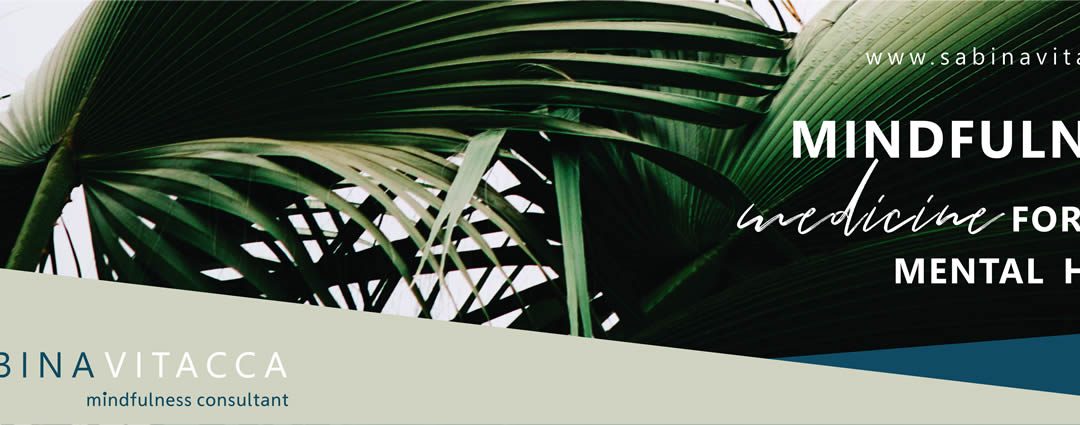Mental health is a hot topic in our crisis driven world. Research shows time and time again, that stress and anxiety are rising rapidly to an almost epidemic level. COVID-19 has unleashed its on wrath on mental health to such an extent that an estimated $500million extra resources are to be pumped into mental health services to support and help fix a growing, and devastating epidemic.
With anxiety disorders affecting 40 million adults in the US each year, mental health conditions are becoming a serious and troubling problem. Of course, mental health issues can range from the mild to the extreme and can arise from totally different triggers from person to person. Most academics believe that mental health illnesses result from issues with the communication between neurons in the brain with science showing that the neurotransmitter (happy hormone) serotonin is lower in people who have depression or anxiety. When the brain is imbalanced chemically, it can impact a wide variety of physical and psychological functions. Our body is regulated by our automatic nervous system which is in turn, made up of two types – the sympathetic nervous system which prepares the body for physical activity and is better known as the ‘fight or flight’ response, and the parasympathetic nervous system which relaxes the body and slows our high energy functions. Consistent use of our sympathetic nervous system negatively affects our bodies, we start to suffer the effects of stress or anxiety, as well as living with the exhaustion which comes from constantly being in fight or flight mode. Have you ever noticed how tired you feel when you’ve been going through a prolonged, stressful experience?
Mindfulness helps to activate the calming parasympathetic nervous system and as recognised in ‘The Brain’s Way of Healing – Remarkable Discoveries and Recoveries from the Frontiers of Neuroplasticity’ by Norman Doidge, it helps to rest and regenerate our bodies, as well as turn on our social engagement system. This element of rest is critical to relaxing our nervous system and allowing our mind time to heal. By practicing Mindfulness and activating our parasympathetic nervous system, we’re building up our mental health toolbox. By learning how to regulate our nervous system and therefore our hormones, we’re giving ourselves a strong chance of being able to help prevent mental ill health or crisis. Of course, there is no ‘cure all’ but research strongly supports that meditation and mindfulness help to restore balance, to otherwise overwhelmed and stressed bodies. With the support of traditional medicine, this can help ease the burden of mental health on the lives of individuals, and the impact to the businesses they work for.
Imagine for example, a gentleman who has worked hard for his entire life. He’s grown used to the busy work lifestyle which comes with its own range of stresses and strains. He suddenly reaches retirement age and suddenly, manic work packed days become more leisurely days, to spend at will. Whilst this can be an exciting time to take up new hobbies or travel, statistics also show a 6-9% decline in mental health (National Bureau of Economic Research NBER Working Paper 12123) over an average post-retirement period of approximately 6 years. This is just one example of how nobody is immune to mental health illnesses and how we need to start teaching people about the self-help methods – like Mindfulness, which can have a dramatically positive impact on people’s lives.
In practicing Mindfulness, we’re training our minds and bodies to restore balance and to focus on the present. We’re abiding by philosophy of ancient Eastern medicine which promotes prevention as being better than cure – affording ourselves the tools and techniques to protect and restore our own mental health.

